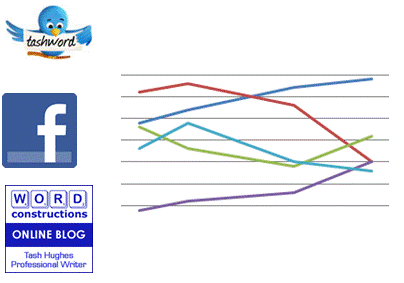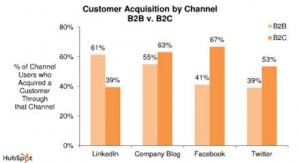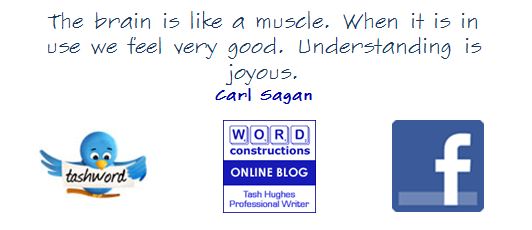Replying to blog comments
 Blogging is part of social media and is about communication. The only way it can become a conversation, however, is to encourage comments about the posts in the blog.
Blogging is part of social media and is about communication. The only way it can become a conversation, however, is to encourage comments about the posts in the blog.
Comments are sometimes just as acknowledgement that you are reading the post but often people leave comments that enhance what was written in the post – the conversation and comments can sometimes teach and entertain as much as the post itself.
So here are some basic guidelines to replying to comments:
- in your own blog, a key to encouraging more comments is to reply to every comment you get. It can be a short ‘hello’ or thank you’ but it shows you appreciate comments and the people behind them
- always be respectful and polite in comments – you don’t have to agree every time but respect the fact that others have a different opinion to you
- before replying to a post, read through the existing comments – apart from the fact you may learn something, this gives you the opportunity to discuss the issues with others and to not just repeat a comment made by someone else.
If here are a LOT of existing comments that you don’t read, acknowledge that to show you have noted that and may be repeating what someone else has said. - When replying to another commenter, make it clear that is who you are talking to – threaded comments make this easy but otherwise use the person’s name
- it isn’t always possible, but try to make your comment interesting and useful – give a personal example or opinion about the topic, answer a question asked in the post or give some additional, relevant information. This expands the conversation, builds your credibility and makes it less likely your comment will be considered spam
- if you write guest blog posts, treat it like your own blog – aim to reply to every person who comments on your post. You have written the post as the expert so need to be available to answer questions; blogs are about people and community so it comes across as arrogant to not reply to people discussing your ideas. From a business perspective, doing guest posts is about building relationships and expertise, so not answering comments is loosing an opportunity.
- never make a comment an ad for your own business/services/products. It just annoys people and makes it likely your comment will be deleted as spam. Give tips and advice, mention you have expertise and link to your site but remember that this is someone’s blog, not your personal ad directory, and that people don’t read blogs and comments for ads.
From comments you’ve seen and blogs you admire, are there any other guidelines to add to my list?









Recent Comments